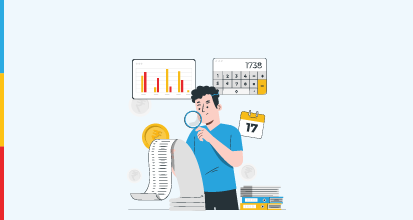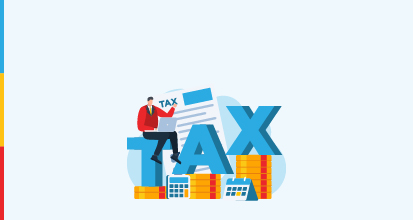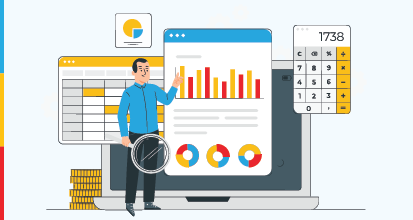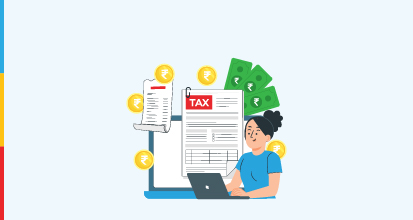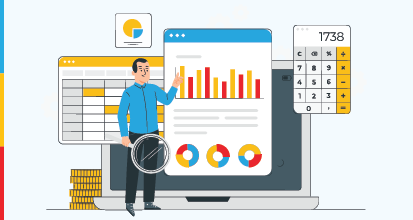- Salary Income Tax Slabs: Tax rates applied based on different income brackets.
- ULIP (Unit Linked Insurance Plan): A hybrid plan offering both insurance and investment benefits.
- PPF (Public Provident Fund): A long-term, tax-free savings scheme backed by the government.
- NPS (National Pension Scheme): A retirement-focused investment plan with tax benefits.
Written by : Knowledge Center Team
2025-11-23
34 Views
4 minutes read
Share







